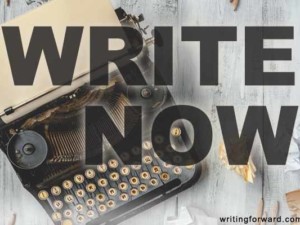
Writing Tips: Write Now!
“A writer who waits for ideal conditions under which to work will die without putting a word to paper.” – E. B. White What are your ideal writing conditions? Is it quiet, or are there stimulating background noises? Are you alone, curled up in a chair with a pen and a notebook, or are…Read More

Poetry Prompts for the End of the Year
The end of another year is just around the corner. It’s a busy season packed with holiday shopping, gatherings with friends and family, and preparations for the new year ahead. Maybe you don’t have time to sit and write the way you usually do. Maybe your head is spinning with all the things you have…Read More
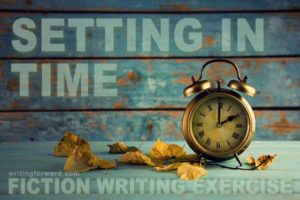
Setting in Time
Today’s fiction writing exercise is an excerpt from my book, Story Drills: Fiction Writing Exercises, which imparts lessons and techniques on the craft of storytelling and provides practical exercises for study and practice. This exercise focuses on story’s setting and more specifically, making sure readers know when every scene in a story takes place. Enjoy!…Read More

Literary Style in Storytelling
Today’s post includes excerpts from What’s the Story? Building Blocks for Fiction Writing, chapter five: “Narrative Style, Voice, and Tone.” Enjoy! Literary Style Literary style is the aesthetic quality of a work of literature—the distinct voice that makes each author unique. It’s the way we string words together, the rhythm of our prose, the catchphrases…Read More

Homophones: Compliment vs. Complement
Homophones are words that sound alike but have different meanings. Sometimes, they’re also spelled differently: compliment vs. complement. Since homophones sound the same, they are often misspelled. Sometimes they’re misspelled because the writer doesn’t know there are two different spellings. In other cases, misspelled homophones are the result of typing too fast or failing to…Read More
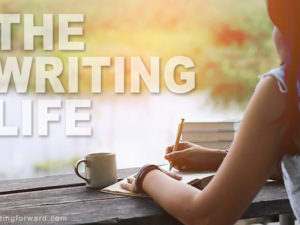
Are You Living the Writing Life?
The Merriam-Webster Dictionary defines lifestyle as “a particular way of living: the way a person lives or a group of people live.” Dictionary.com defines it as “the habits, attitudes, tastes, moral standards, economic level, etc., that together constitute the mode of living of an individual or group.” A lifestyle is something you build for yourself…Read More

Should Beginning Writers Imitate the Greats?
Learning often begins with imitation or copying. As babies, we learn facial expressions and gestures by mimicking adults. Children learn to write their letters by copying them from workbooks. And can you imagine a musician learning their craft without first leaning to play other musicians’ songs? But we rarely explore the question of whether writers…Read More
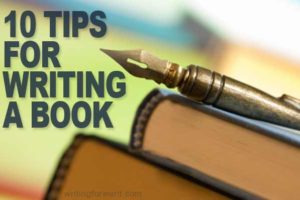
Ten Tips for Writing a Book
Writing a book is a big deal. It takes a lot of time and effort, especially if you want to do it right, which means creating something that people will find entertaining or useful and then polishing, marketing, and promoting it. It all begins with an idea — a concept. It might start with a…Read More
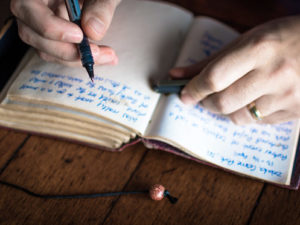
Journal Prompts for Giving Thanks
Journal writing is excellent for building skills and maintaining a regular writing practice, and journal prompts can help you use your journal creatively and beneficially. Journal prompts can be used to inspire creative ideas, to keep track of important things in our lives, and for personal growth. Today’s prompts are for the practice of gratitude….Read More
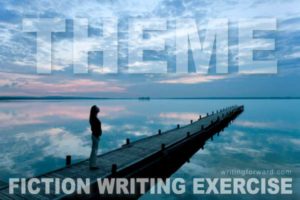
An Exercise from Story Drills: Theme
Today’s fiction writing exercise is an excerpt from my book, Story Drills: Fiction Writing Exercises. This one focuses on theme, the central message and deeper meaning of a story. Enjoy! Theme is often described as the message of a story, but this description doesn’t do it justice. Theme is also the central meaning of a…Read More



